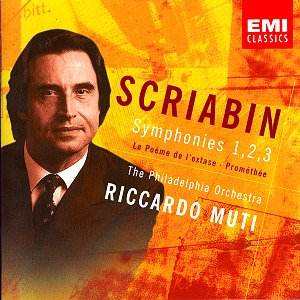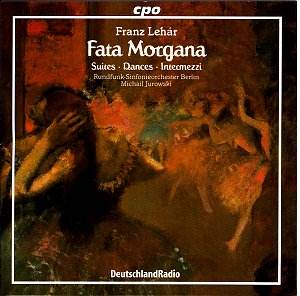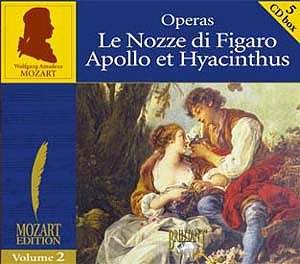 Composer: Basil Harwood
Composer: Basil Harwood
Works: Sonata No 1 in C Sharp Minor, Opus 5; Dithyramb, Opus 7; Six Pieces, Opus 15; Capriccio, Opus 16
Performers: Adrian Partington (organ)
Recording: Recorded in 2000 at Bristol Cathedral
Label: Priory PRCD 683
Basil Harwood, a figure often overshadowed by his contemporaries, emerges through this recording as a composer of significant merit and stylistic individuality. His tenure as organist at Ely Cathedral and Christ Church, Oxford, informs much of his output, which showcases a deep understanding of the instrument’s capabilities. The present CD features a selection of his organ works, each revealing facets of his compositional voice. Notably, the Sonata No 1 in C Sharp Minor stands as a cornerstone of his repertoire, predating Elgar’s own contributions to the genre and providing a rich tapestry of chromaticism and thematic development steeped in hymnody.
Adrian Partington’s performance on the Bristol Cathedral organ is both authoritative and nuanced, effectively illuminating Harwood’s idiosyncratic harmonic language. The Sonata No 1 unfolds with an energetic vitality that is tempered by moments of introspection; Partington navigates its expressive demands with dexterity, particularly in the first movement’s lyrical passages, where the interplay of registration and dynamics showcases the organ’s rich tonal palette. The second movement’s marked contrasts between the serene and the turbulent are deftly handled, allowing the listener to appreciate Harwood’s skill in manipulating mood through texture.
The Dithyramb and the Six Pieces, although originally intended as part of a larger sonata, reveal Harwood’s versatility. Dithyramb, in its exuberance, juxtaposes lyrical lines with more rhythmically driven sections, and Partington captures this dichotomy with a keen sense of timing. The Six Pieces, which vary considerably in length and emotional weight, are rendered with precision and character; the playful elements of the Capriccio are given a spirited treatment that underscores Harwood’s penchant for integrating hymn tunes within a more secular framework. Each piece is a testament to Harwood’s ability to blend traditional forms with innovative harmonic exploration.
The recording quality is commendable, with a clear and well-balanced sound that allows the organ’s timbral richness to shine through. The engineering expertly captures the reverberant qualities of Bristol Cathedral, enhancing the music’s inherent grandeur without overwhelming the clarity of individual lines. This attention to sound quality reinforces the overall listening experience, inviting repeated engagement with the music.
Comparisons with other notable recordings of Harwood’s organ works are inevitably drawn; however, Partington’s interpretation stands out for its combination of technical assurance and interpretative insight. This disc not only serves as an introduction to Harwood’s music but also as an affirmation of his place within the British organ repertoire. The careful programming of these works allows for a comprehensive view of his stylistic evolution, setting the stage for the forthcoming volumes.
This recording of Basil Harwood’s complete organ works is a significant contribution to the catalog, serving both to celebrate a neglected composer and to highlight the interpretative skill of Adrian Partington. The combination of thoughtful performance, high-quality production, and the richness of Harwood’s compositions culminates in a highly enjoyable listening experience that invites deeper exploration into his oeuvre.



